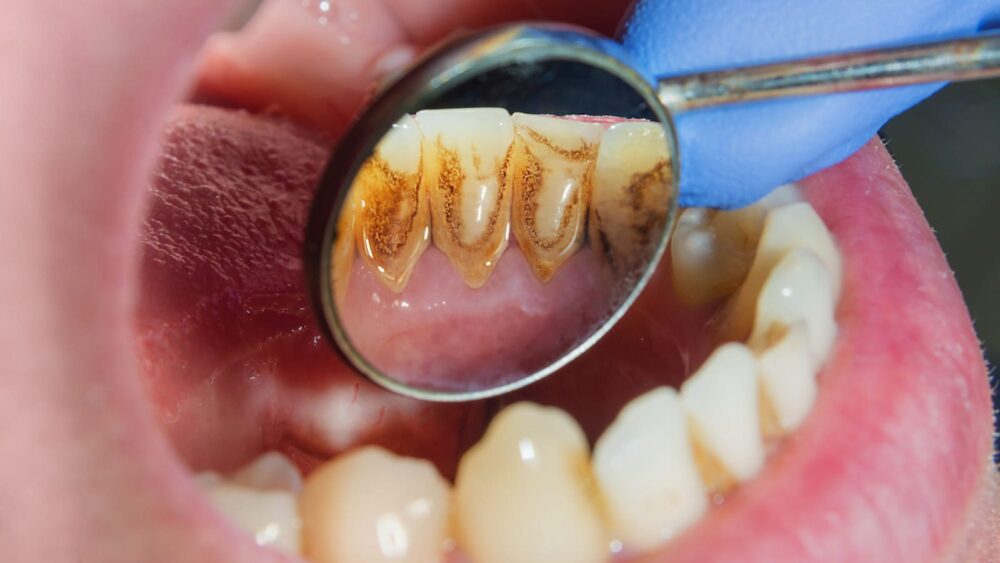New research has indicated a connection between poor dental health and poor mental health.
Preliminary research by Heart to be presented at the 2023 American Stroke Association International Stroke Conference has found that oral afflictions such as gum disease, missing teeth, and plaque buildup are associated with an increased risk of stroke.
This study was conducted by surveying UK citizens.
This study observed that individuals possessing a genetic disposition toward cavities or missing teeth, or had a need for dentures had a higher chance of silent cerebrovascular disease, or stroke, after observing a 24% increase in the number of white matter hyperintensities.
White matter hyperintensities have been linked to other mental conditions such as Alzheimer’s disease.
Dr. Alan Reisinger, associate medical director of MDVIP, told Healthline that improper oral hygiene can already result in detrimental effects on the body.
“One possible reason is that when the body fights the bacteria that cause gum disease, it raises inflammation throughout the body,” said Reisinger. “This systemic inflammation can increase a person’s risk for a host of problems including heart attacks, strokes, dementia, pregnancy complications, and certain cancers,” he continued.
The study also found that individuals with these genetic markers featured heightened damage to the structure of the brain.
The National Library of Medicine conducted a similar study in 2016 connecting dental hygiene health to mental disorders.
Scientists in the study said that more research with a focus on diversity and ethnicity is needed for further evaluation.
“Poor oral health may cause declines in brain health, so we need to be extra careful with our oral hygiene because it has implications far beyond the mouth,” said study author Cyprien Rivier in the study. “However, this study is preliminary, and more evidence needs to be gathered – ideally through clinical trials – to confirm improving oral health in the population will lead to brain health benefits,” he continued.
Joseph P. Broderick, a professor at the University of Cincinnati Department of Neurology and Rehabilitation Medicine said in the study that other factors such as diabetes or smoking are much stronger risk factors for poor oral health than any other genetic marker.
“It is still good advice to pay attention to oral hygiene and health, said Broderick. “However, since people with poor brain health are likely to be less attentive to good oral health compared to those with normal brain health, it is impossible to prove cause and effect,” he continued.
Obesity remains one of the most prolific diseases plaguing the United States.

